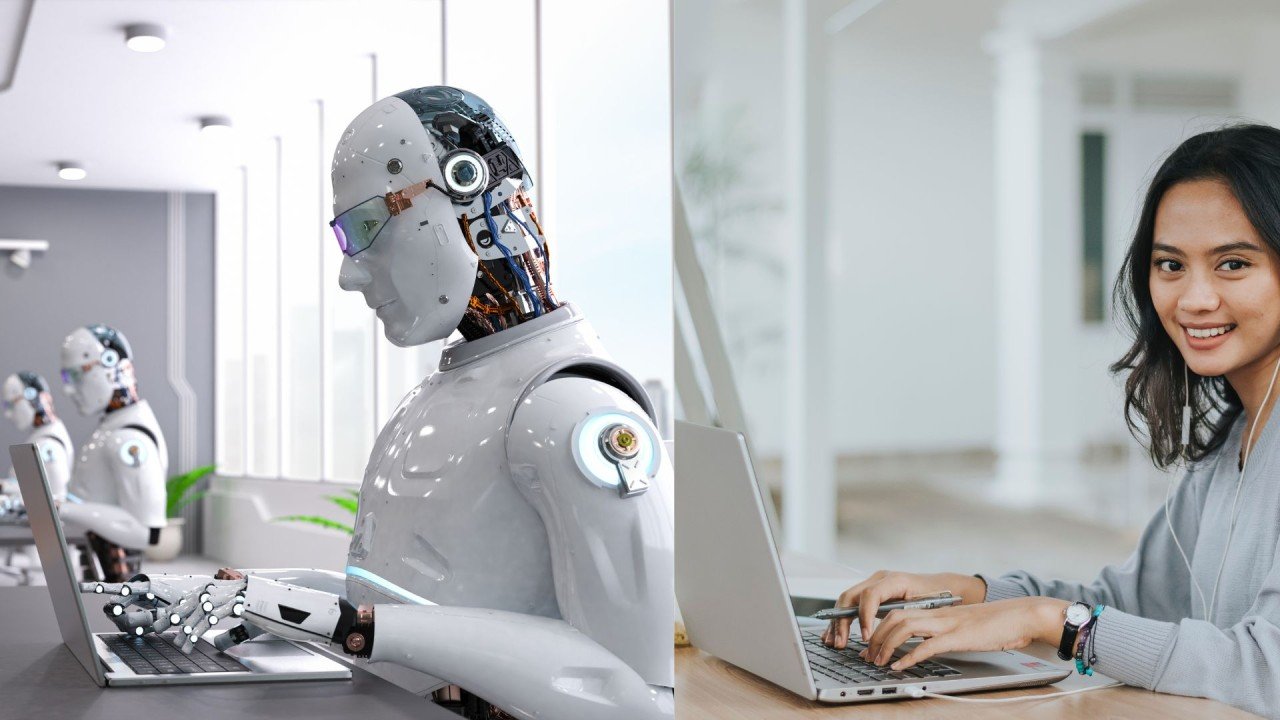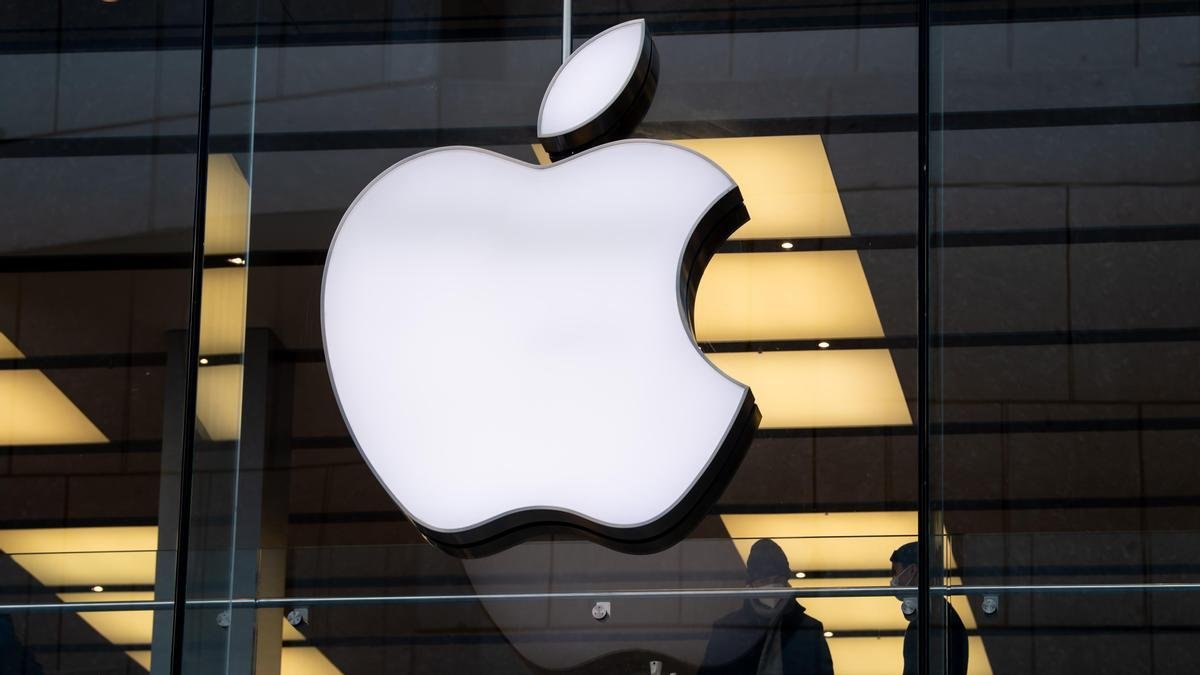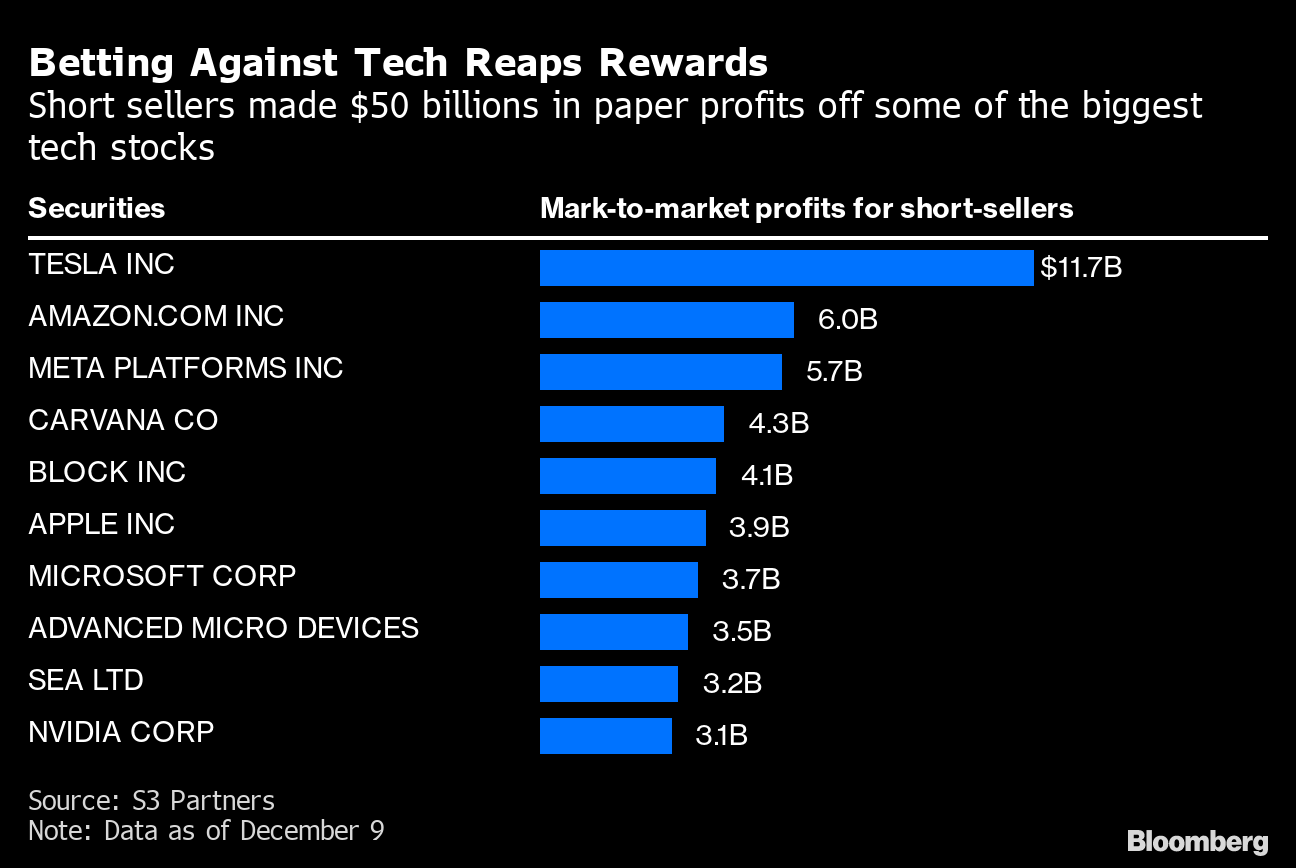Elon Musk’s assertion that artificial intelligence (AI) will render jobs obsolete is met with varying perspectives, as recent reports suggest a significant impact on the workforce. A study by ResumeBuilder indicates that 37% of 750 business leaders using AI reported worker replacements in 2023, with 44% anticipating layoffs in 2024 due to AI efficiency.
However, experts caution against interpreting these numbers as indicative of a broad trend. Julia Toothacre, a resume and career strategist at ResumeBuilder, notes that smaller businesses and traditional organizations may not fully embrace technology, altering the overall landscape.
Amid concerns about AI-induced layoffs, some experts emphasize the transformative potential of AI. Alex Hood, Chief Product Officer at Asana, highlights that a considerable portion of work involves administrative tasks, which AI can streamline, allowing humans to focus on more value-added activities.
Marc Cenedella, founder of Leet Resumes and Ladders, sees a shift reminiscent of mid-century office culture when word processors eliminated typist roles. With AI handling task-based work, workers can ascend the value chain, engaging in tasks that involve integration and structuring.
Asana’s State of AI at Work 2023 report suggests that 29% of employees’ tasks are replaceable by AI. However, Asana advocates for “human-centered AI,” emphasizing augmentation rather than outright replacement.
The report indicates that understanding human-centered AI fosters a positive outlook, highlighting AI’s potential to enhance collaboration and human abilities. While acknowledging the evolving nature of work, the report emphasizes that generative AI is part of a continuum of change in knowledge work. According to the United Nations, white-collar and clerical workers represent 19.6%–30.4% of global employment, and AI is seen as another development in redirecting knowledge work.



